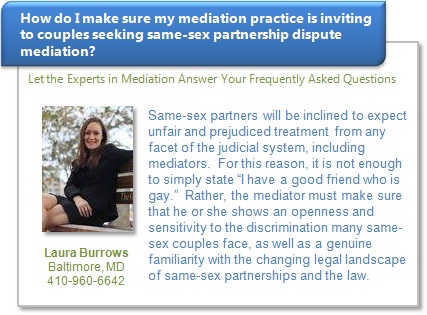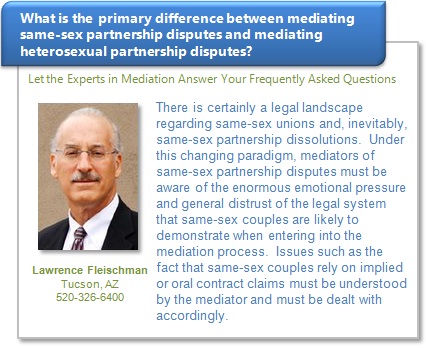
In the process of mediation, facilitating a common goal and a respectful discourse between disputants is often the crux of the meeting’s success.
Despite the obvious political and legal restrictions surrounding mediation as a forum for resolving immigration cases, the U.S. Court of Appeals, 9th District, has reiterated its approval for the process in select circumstances. Some examples include: cases in which there have been changes in the petitioner’s situation allowing for an adjustment in status; cases in which further exploration of forms of relief are needed; or cases in which the government will not enforce a removal order unless a petitioner violates particular conditions.
In such cases, or others that might lend themselves to mediation, a mediator should first understand that mediating immigration-related disputes requires a special skillset—particularly, one that is tuned in to sociological norms. It is important that the mediator approach the process knowing that immigration mediation requires him or her to be acutely aware of nuanced stereotyping. Regardless of who is present, such nuances can and will change the course of the proceedings if left unacknowledged and unchecked.
In the process of mediation, facilitating a common goal and a respectful discourse between disputants is often the crux of the meeting’s success. However, when commonality and mutual respect is buried beneath years of socially-driven bias and conditioning, a mediator is faced with the task of moving disputants past enormous barriers of learned social behavior. While it might not seem likely that professionals—particularly, professionals working with immigrants on a regular basis—would hold such bias, assuming otherwise could seriously hamper the success of the mediation process.
In the litigation world, you can rest assured that litigators are aware of these biases when it comes to presenting their client in front of a jury. Despite America’s history being one that is built on the backs of immigrants, and despite our insistence for an egalitarian society, Americans are constrained by their own biases toward the “other.” Most of the biases are as deeply rooted as our own individual cultural heritage, and getting past them in any legal proceeding—especially in mediation—is a hurdle that shouldn’t be taken lightly.
So just how does a mediator facilitate a respectful and fruitful dialogue despite such barriers? The first step might be to focus on facts that spotlight the immigrant’s contribution to American society: this can be through learning our language and customs, avoiding government assistance, working, paying taxes, etc. While such issues might not be front and center for most clients, they are for immigration-related cases, and acknowledging these details at the onset of the mediation could do wonders in facilitating the process successfully.







